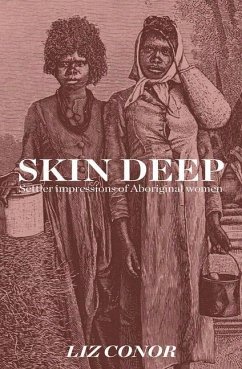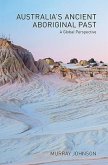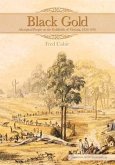Skin Deep looks at the preoccupations of European-Australians in their encounters with Aboriginal women and the tropes, types, and perceptions that seeped into everyday settler-colonial thinking. Early erroneous and uninformed accounts of Aboriginal women and culture were repeated throughout various print forms and imagery, both in Australia and in Europe, with names, dates, and locations erased so that individual women came to be anonymized as 'gins' and 'lubras.' The book identifies and traces the various tropes used to typecast Aboriginal women, contributing to their lasting hold on the colonial imagination even after conflicting records emerged. The colonial archive itself, consisting largely of accounts by white men, is critiqued in the book. Construction of Aboriginal women's gender and sexuality was a form of colonial control, and Skin Deep shows how the industrialization of print was critical to this control, emerging as it did alongside colonial expansion. For nearly all settlers, typecasting Aboriginal women through name-calling and repetition of tropes sufficed to evoke an understanding that was surface-based and half-knowing: only skin deep. *** "Impressively researched, written, organized and presented...highly recommended for community and academic library Aboriginal Studies, Women's Studies, Australian Studies, and Colonial History reference collections." --Midwest Book Review, MBR Bookwatch: October 2016, Helen's Bookshelf [Subject: Cultural History, Aboriginal Studies, Women's Studies, Australian Studies, Colonial Studies]
Hinweis: Dieser Artikel kann nur an eine deutsche Lieferadresse ausgeliefert werden.
Hinweis: Dieser Artikel kann nur an eine deutsche Lieferadresse ausgeliefert werden.








